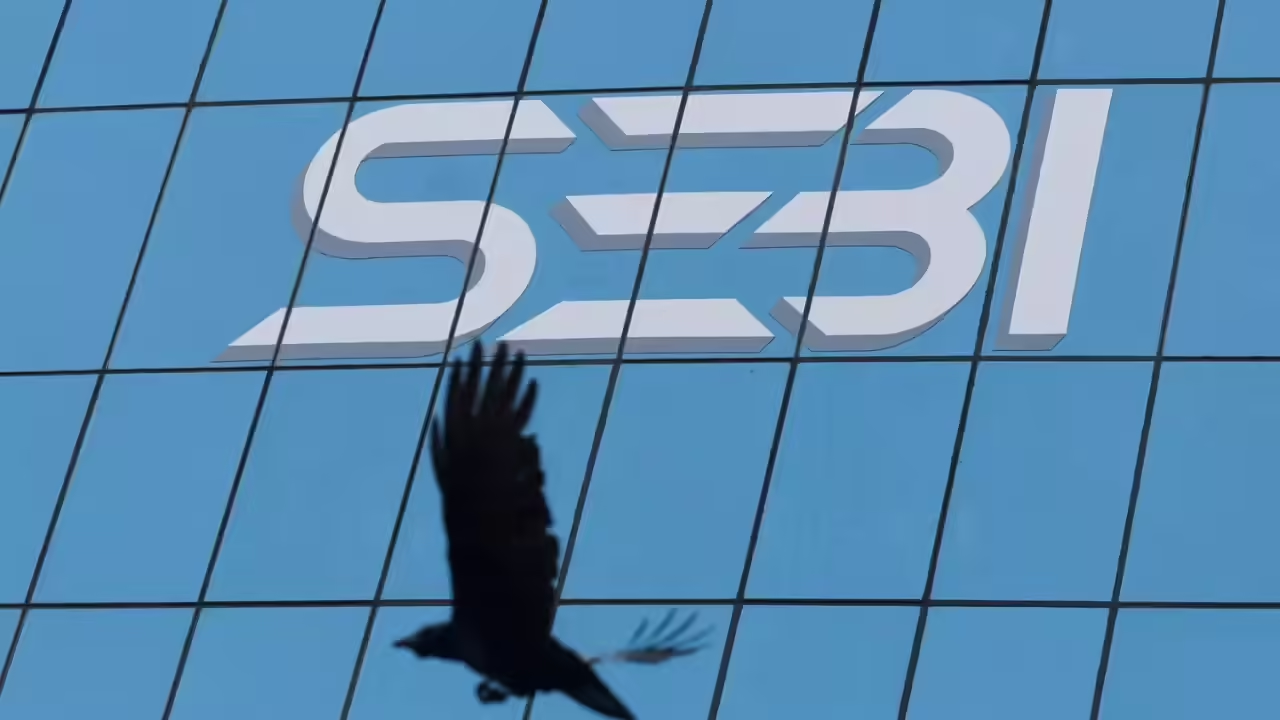A wealthy investor has cautioned Australian employees hesitant to return to office work that their remote positions could be outsourced to India for as little as 10% of the cost, as per news.com.au.
Iqbal Singh, the founder of financial advisory firm Innovative Consultants, has noted that Indian investors are increasingly exploring opportunities in Australia’s finance, education, healthcare, and minerals sectors.
According to Singh, India, being the largest consumer market, is seeking collaborations in these areas to mutual advantage. He emphasised the potential for alliances and cooperation, given India’s substantial workforce handling backend tasks.
Singh highlighted the efficiency and cost benefits of overseas centres, estimating the savings at around 10-15% compared to current expenses. Support roles such as IT, finance, mortgages, and more can be effectively managed due to the availability of a lower-cost, English-speaking workforce.
Amidst challenges posed by increasing inflation, interest rates, and a slow economy in Australia, offshoring jobs to India has been identified as “one of the largest opportunities” by Singh. With many major corporations encountering resistance from employees regarding the rollback of Covid-era work-from-home policies, there is a growing concern that remote roles might be shifted overseas. Singh affirmed that such roles can indeed be outsourced to India.
Following a survey released on October 30, which indicated that over one-third of major Australian employers plan to decrease the salaries of employees who continue working from home over the next three to five years, Singh highlighted the global challenge of inflation.
He emphasised that countries, including Australia, are struggling to sustain their economies amidst inflation rates not seen in the past century. Australia’s annual inflation rate, although reduced to 5.4 % in the three months to September from a peak of 7.8 % in the December quarter, remains significantly above the Reserve Bank’s target range of 2-3 %.
In this context, Singh stressed the paramount importance of enhancing efficiency and streamlining the supply chain. He emphasised the need to rely on jobs that can be outsourced in a cost-effective manner to navigate such challenging economic environments.
Singh emphasised that he personally views outsourcing opportunities to India as one of the significant prospects for institutions. According to data from the Australian Bureau of Statistics (ABS), Indian investment in Australia has surged by 210 % since 2019, reaching $35 billion. This growth coincides with a record immigration boom driven by a substantial increase in Indian students coming to Australia for education.
Recently, Singh was part of a sizable delegation comprising 30 prominent Indian investors, along with counterparts from the Middle East, Hong Kong, and China. They convened at the CapTech2023 conference in Sydney. During this business networking event, a Shark Tank-style session took place, enabling two Australian and two international companies to pitch their ideas to global delegations.
Rama Bhalla, the president of the Sydney Investors and Professionals Business Network, highlighted the intense collaborative efforts between business partners in both countries. He pointed out that India’s vast and rapidly growing market size is generating new opportunities for Australian businesses, particularly those in the growth and startup phases.
Despite India historically being a relatively closed and protectionist economy, it is currently undergoing liberalisation, and there is a strong inclination to invest in Australian businesses. Bhalla identified key sectors of interest, including education, healthcare, clean energy, financial services, artificial intelligence, real estate, agriculture, food processing, and critical minerals. Additionally, investors are keen on western Sydney, which is still under-represented and requires essential infrastructure development.
Additionally, the Albanese government endorsed the Mechanism for Mutual Recognition of Qualifications, covering a broad spectrum of education qualifications, including degrees and diplomas
The Indian delegation, featuring notable figures like Sahil Makkar, chairman and CEO of Punjab Angels Network, and Dr. Atul Mehta, senior VP of sales at Razorpay, engaged in discussions with Simon Hickey, chief executive of Western Sydney International Airport. The delegation also participated in various business presentations held at the Parramatta and Penrith Councils.
This interaction occurred amidst joint efforts by the Australian and Indian governments to enhance investment opportunities and facilitate mobility for students, researchers, and businesses between the two nations. Earlier this year, Prime Ministers Anthony Albanese and Narendra Modi signed the Australia-India Migration and Mobility Partnership Agreement, which expanded access for Indian students, graduates, and early-career professionals.
Additionally, the Albanese government endorsed the Mechanism for Mutual Recognition of Qualifications, covering a broad spectrum of education qualifications, including degrees and diplomas.
Singh underscored the significance of these agreements, emphasising India’s youthful demographic, with over 65% of the population under 30. He noted the strong inclination among young Indians to study abroad, particularly in Australia, due to the appeal of its culture, environment, ecosystem, safety, and opportunities for settlement, offering a sense of security and stability.
Singh expressed his desire to witness a substantial number of students gradually settling down in Australia, seizing opportunities, working as entrepreneurs, and contributing to the country’s growth. He emphasised that agreements like the ones established between Australia and India will undoubtedly facilitate this vision.
***********************************************************
Readers
These are extraordinary times. All of us have to rely on high-impact, trustworthy journalism. And this is especially true of the Indian Diaspora. Members of the Indian community overseas cannot be fed with inaccurate news.
Pravasi Samwad is a venture that has no shareholders. It is the result of an impassioned initiative of a handful of Indian journalists spread around the world. We have taken the small step forward with the pledge to provide news with accuracy, free from political and commercial influence. Our aim is to keep you, our readers, informed about developments at ‘home’ and across the world that affect you.
Please help us to keep our journalism independent and free.
In these difficult times, to run a news website requires finances. While every contribution, big or small, will makes a difference, we request our readers to put us in touch with advertisers worldwide. It will be a great help.
For more information: pravasisamwad00@gmail.com











